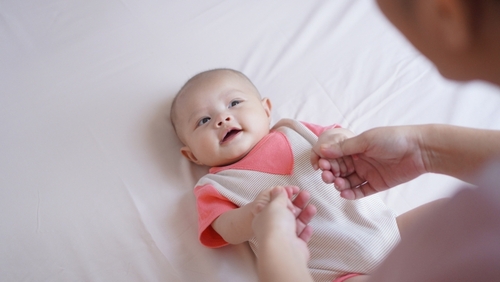There is so much to write about breastfeeding; in one way or another, it often appears in my therapy room. What I don’t see written about is the hidden mental health toll of breastfeeding.
There can be so much pressure placed on women to breastfeed; sometimes it is directly from other people, accidental, cultural, or even from within mothers themselves- because they want to give their babies the best possible start to life they can. What gets bandied about is the idea that Breast is Best.
You wouldn’t tell the mother who has a starving baby due to low milk supply that breast is always best.
You wouldn’t tell the mother who feels like she wants to explode out of her skin, feels panicky, depressed or suicidal whenever her milk lets down that breast is always best.
You wouldn’t tell the mother who has been unable to breastfeed that breast is always best.
You wouldn’t tell the mother who experiences a trauma or stress response or strong aversion to breastfeeding that breast is always best.
You wouldn’t tell the mother who is burning herself out to breastfeed or pump, literally skipping sleep, meals, and personal hygiene, and her physical and mental health is plummeting as a result, that breast is always best.
You wouldn’t tell the mother who experiences practical difficulty with breastfeeding (mastitis, pain, infections, baby not latching or having other difficulties feeding, cracked nipples, and more) but has no practical help to overcome these challenges, that breast is always best.
Sometimes the messages and pressures around breastfeeding cause women to persist with it at significant cost to themselves. Sometimes the messages and pressure around breastfeeding cause women to feel like failures when they can’t breastfeed or need to supplement or mixed feed.
Breastfeeding is great.
And, it isn’t always best or for everyone.
Fed is ALWAYS best.

